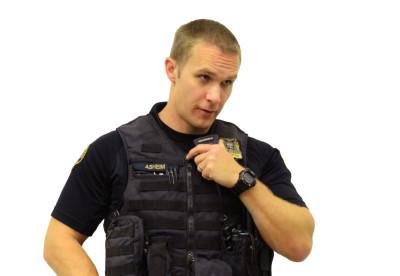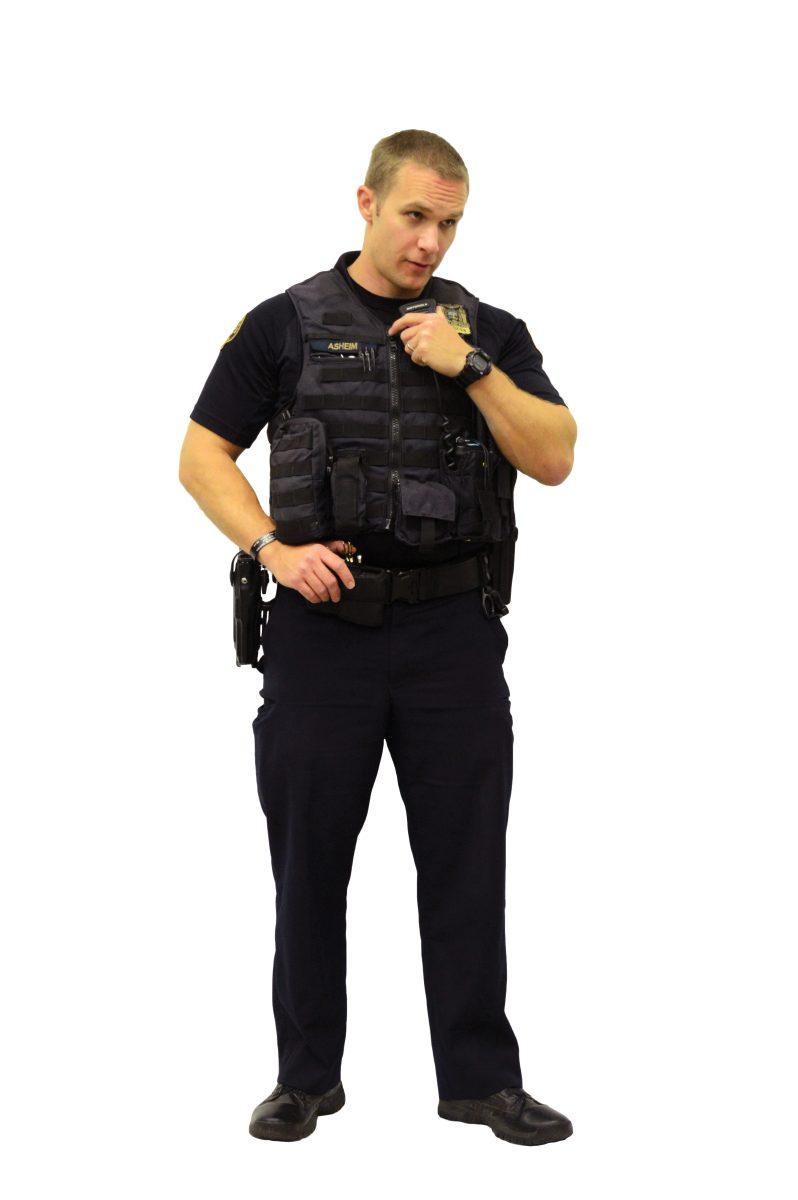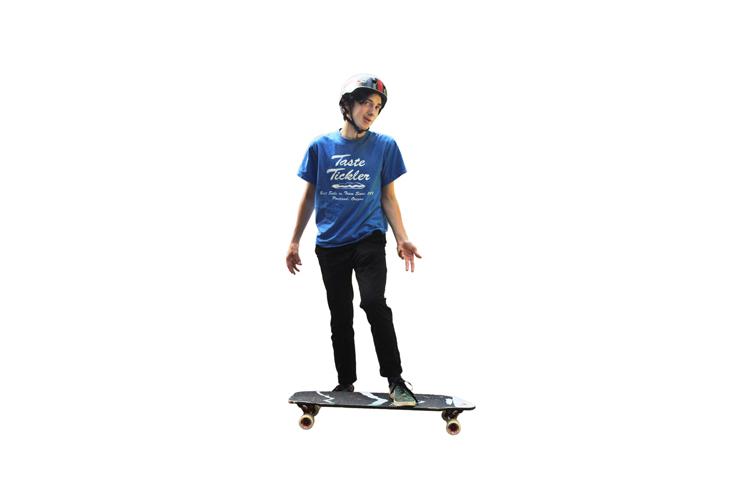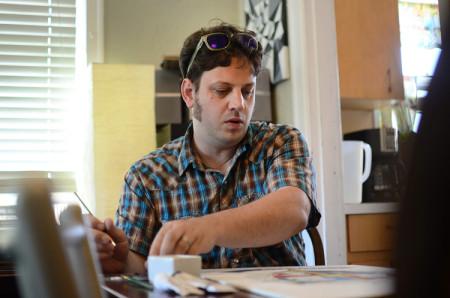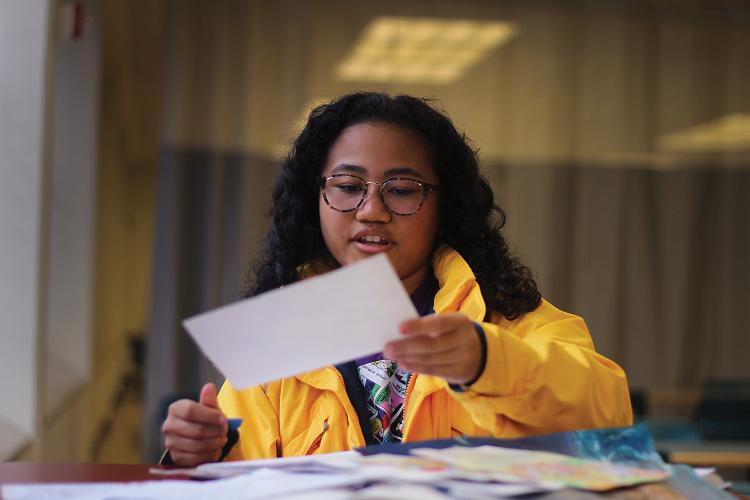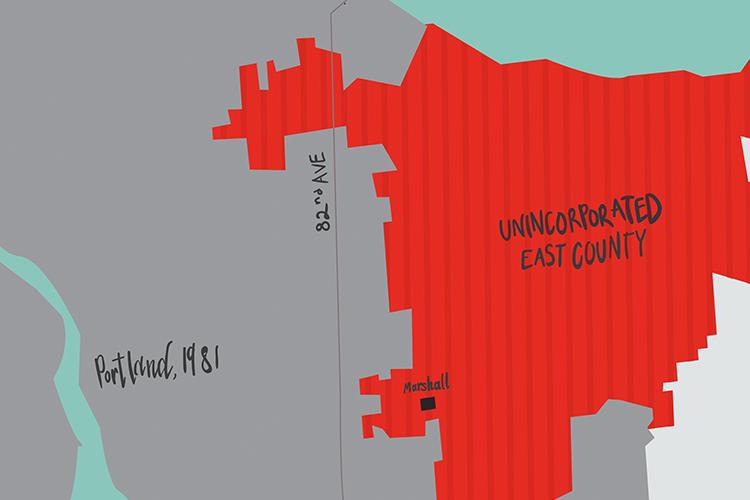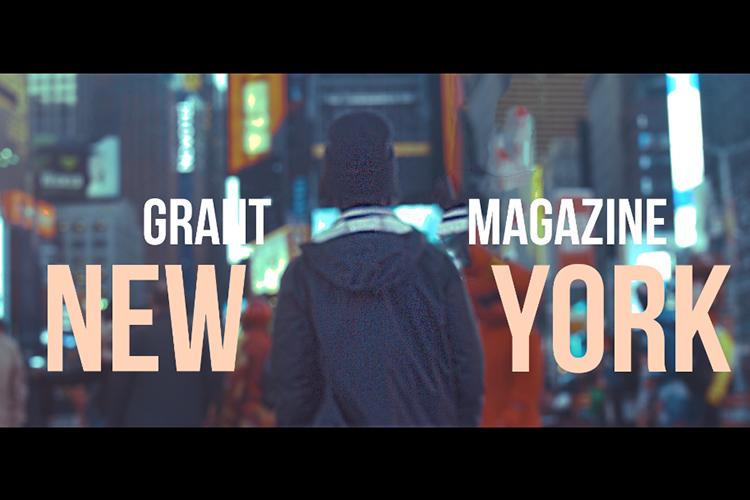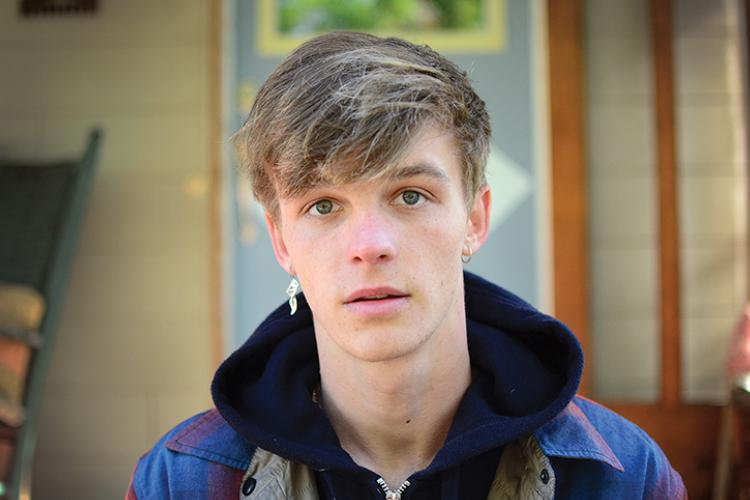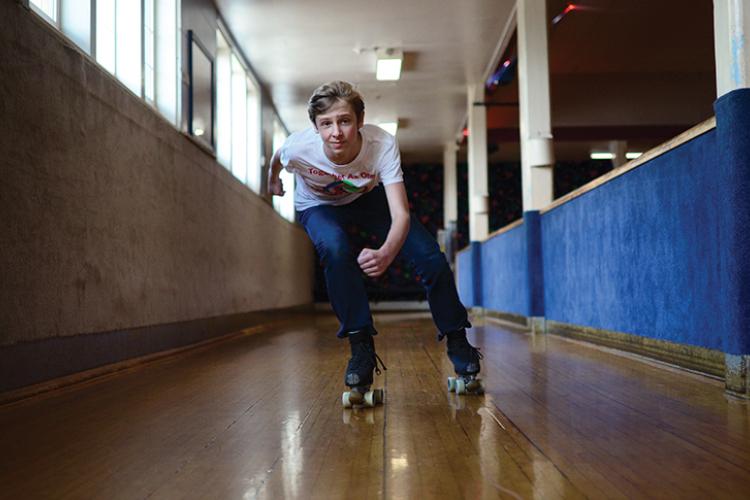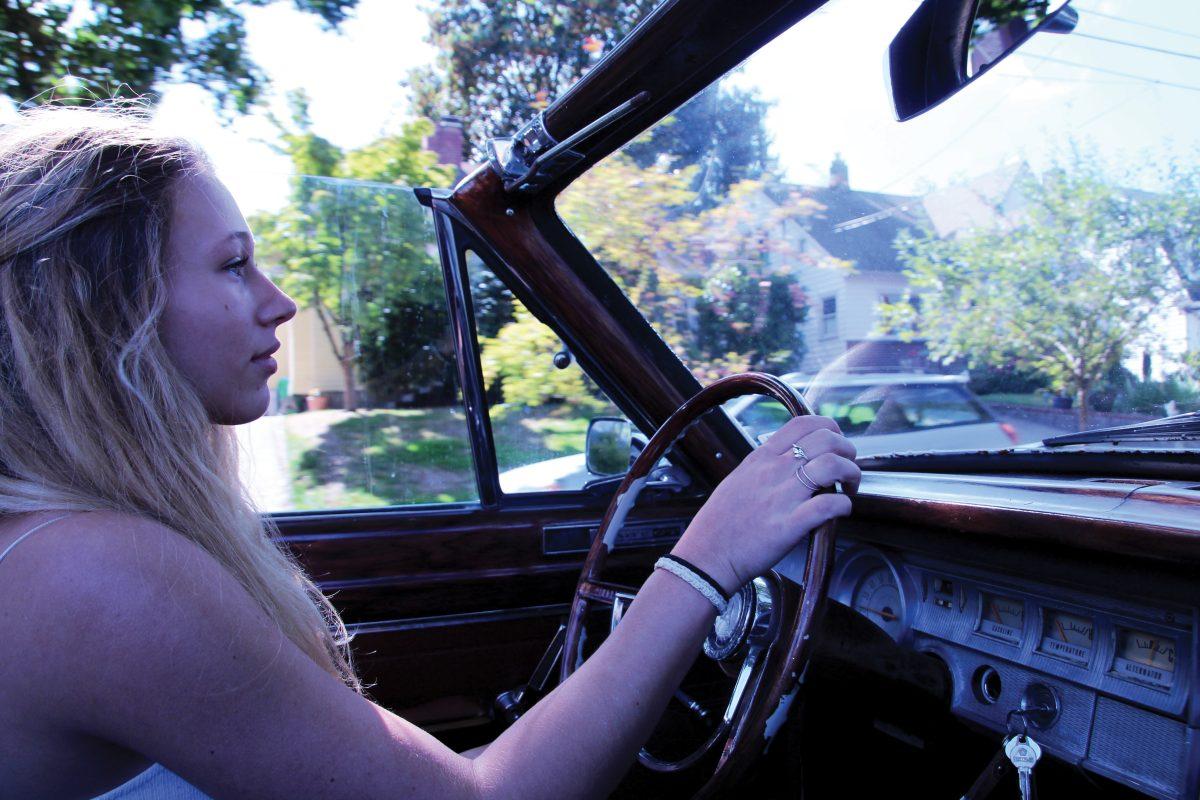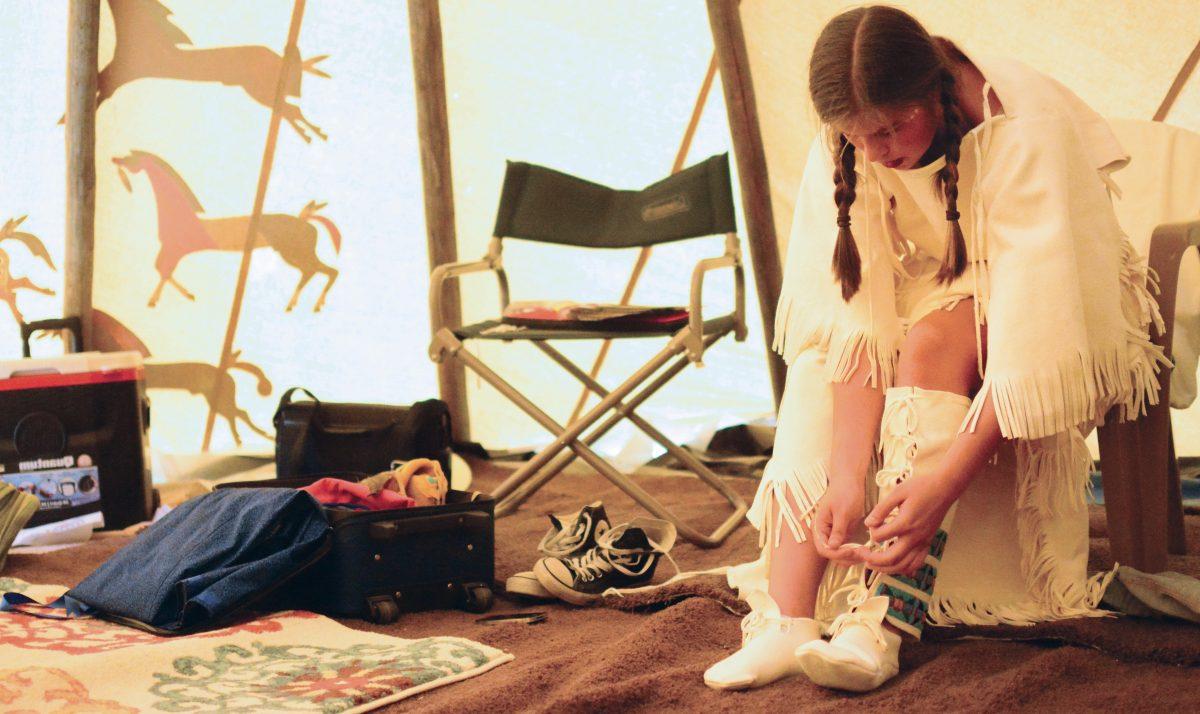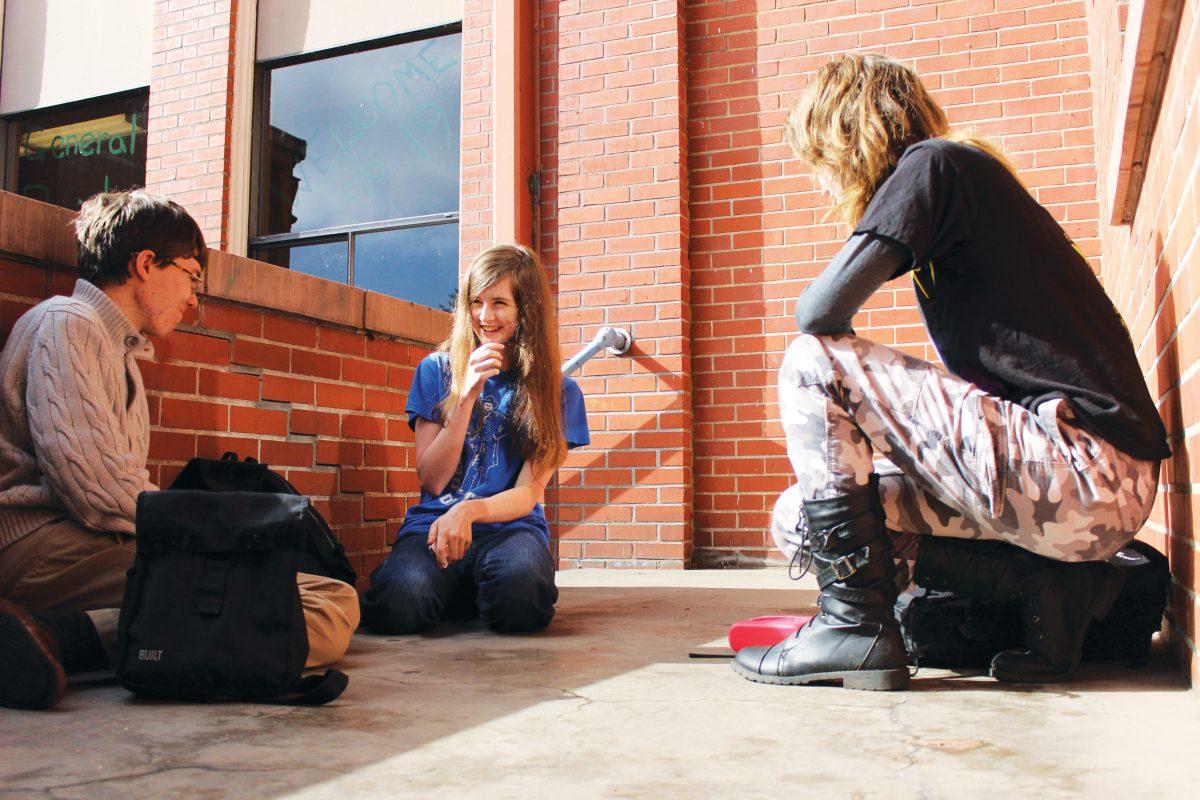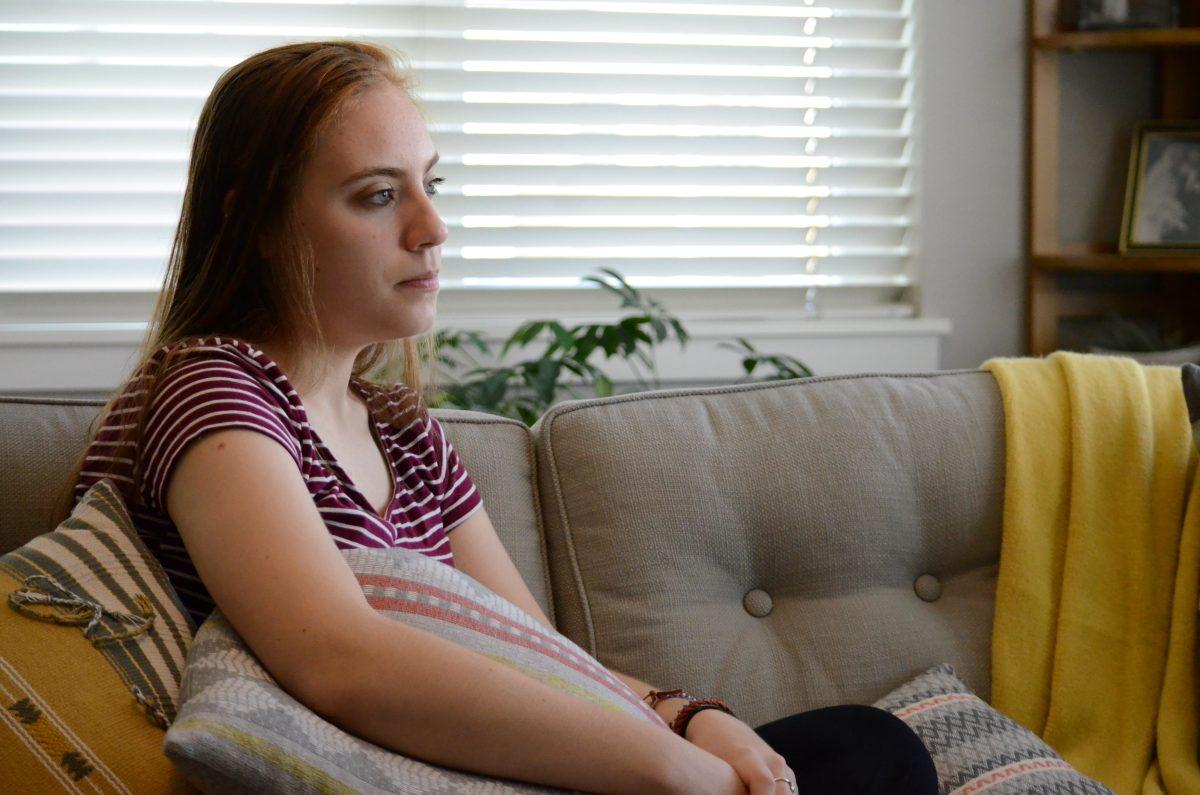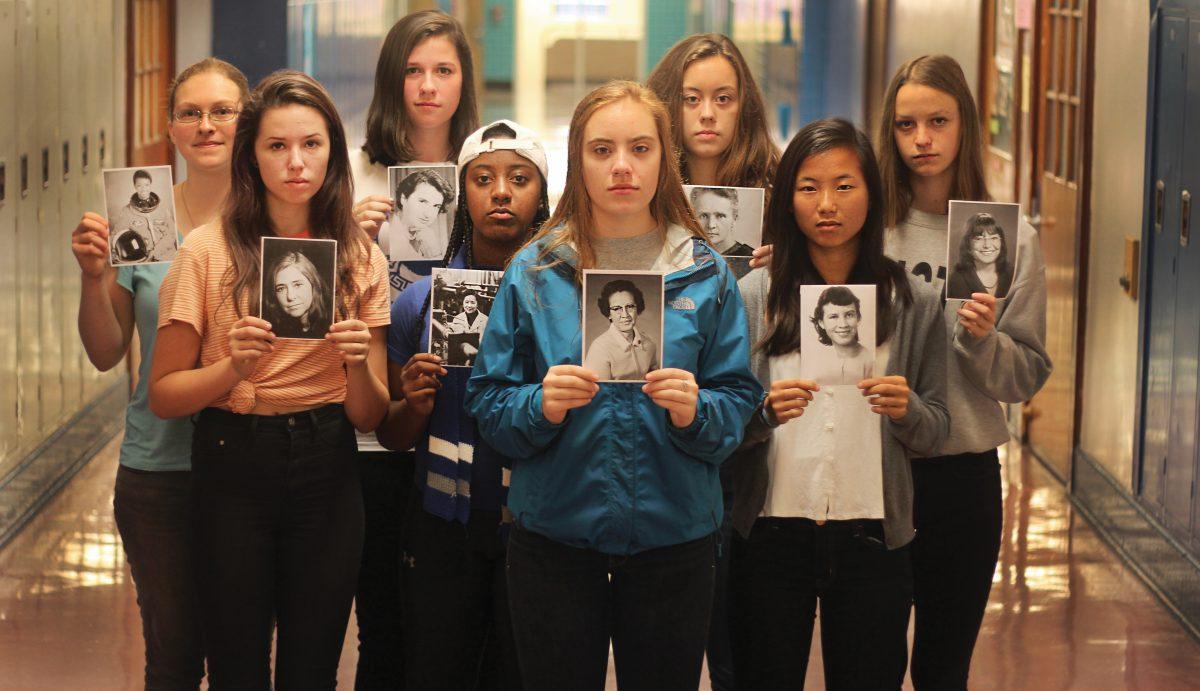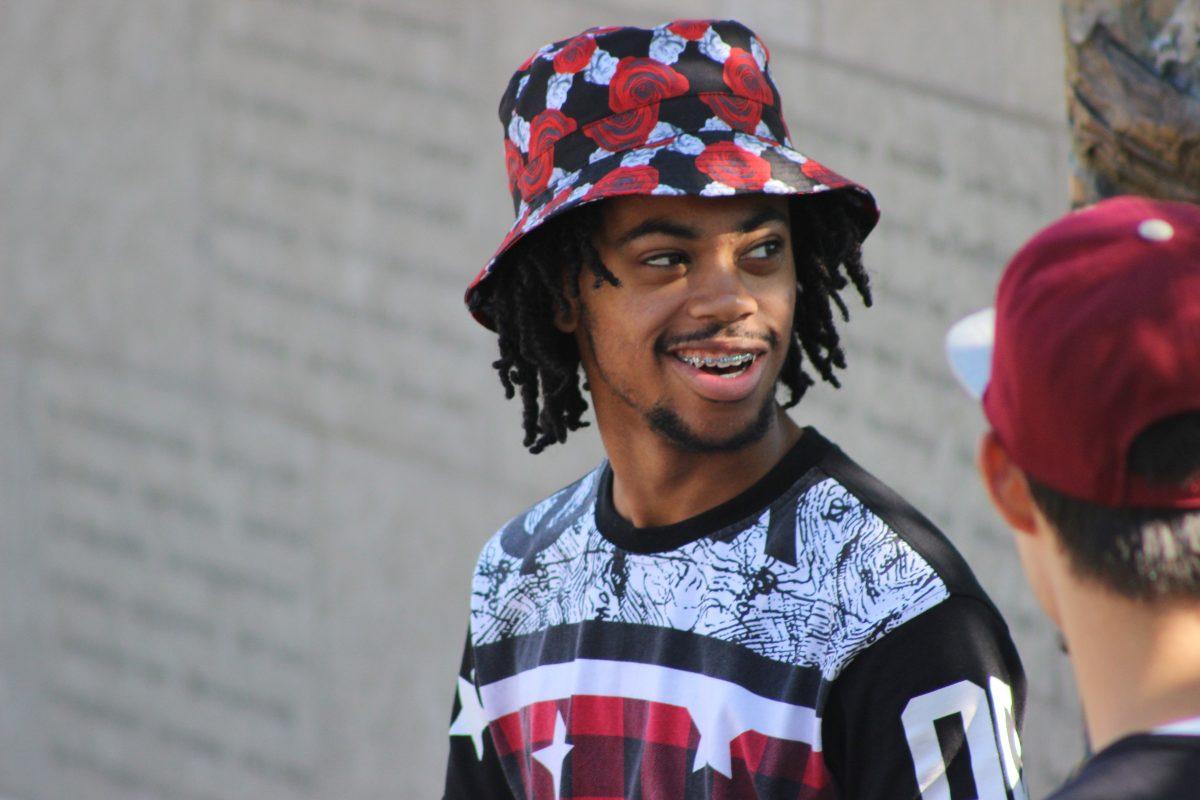Age: 34
Interests outside of work: “Time with my family, working out at the gym.”
Work hours: “My normal shift is Wednesday through Saturday, 4 p.m. to 2 a.m.”
After Grant: Served in the U.S. Army from September 2000 through February 2005.
What is the most positive experience that you’ve had being a cop? “Talking to kids, like little kids. I have a seven year old and a four year old. I think we can do a great job of just being nice. Talking to people. Waving at people.”
What were your interests as a kid?
I wasn’t really interested in being a police officer until I was 14- or 15-years-old. I did a program called Explorer Scouts through the Portland Police Bureau. It solidified in my mind while I was in high school: “This is what I want to do.”
What prepared you for being a police officer?
I was raised by a single mom. I was her only kid in Portland. I didn’t even know my dad till I was 12, which kind of helps a lot because people I come in contact with now have (those) same kinds of backgrounds and stories.
So you grew up around this area?
My mom wasn’t financially stable, so I lived in a couple different rentals. I hung out at Lloyd Center all the time and I went to Irvington. It was very blue collar, very mixed, very diverse. Those neighborhoods have been gentrified a lot.
You’re on the police bureau’s Gang Enforcement Team. What types of people do you usually encounter while on patrol?
I encounter everybody, which is awesome. Weekly, I run into somebody that I knew as a kid, which is good because it gives the people I come in contact with a sense that I’m more than just some guy in a blue suit…I’m somebody that they can connect to as a human being.
How do you think community and police relations have changed since you became a cop?
I’ve been a cop for 10 years and I can’t think of a time than the last year where, nationally, there’s been more scrutiny of law enforcement. I think that more than ever, we’re more critical of ourselves and we reflect. Every use of force is investigated, every arrest is honestly looked into and I don’t think there’s (anything) wrong with that as long as you’re doing it for the right reasons.
It seems like some of that may be due to racial tension. How do you think race impacts policing in everyday life?
Something that’s frustrating is when a police officer will assume that just because a kid is dressed a certain way or looks a certain way, (our unit) should come and talk to him. All a cop has to do is just talk to the guy. It’s easy for cops to lose sight of that and it’s not because a cop has a racist bone in his body. But he’s trying to stop the next shooting; he’s trying to prevent the worst from happening.
Can you speak to two incidents that I read about recently, specifically you shooting at a white supremacist and the other when a gang member pulled a loaded gun on you?
I actually cannot talk freely about either of those incidents. The thing with the white supremacist still hasn’t cleared our Police Review Board and the guy who pulled the gun on me is still waiting to go to trial.
During the last 18 months, there have been a lot of high profile police cases involving African Americans that have damaged the way the black community and police relate to each other. How do you think the police can do a better job of repairing this relationship?
We all have our own biases on either side. Whether it’s a cop or whether it’s a bad guy. As a police agency, as police officers we can do a better job of selling why we do what we do; getting on the forefront and explaining it right away. As opposed to going with old information or saying we don’t know yet. If you can get information out, I think people appreciate that. ◊



























